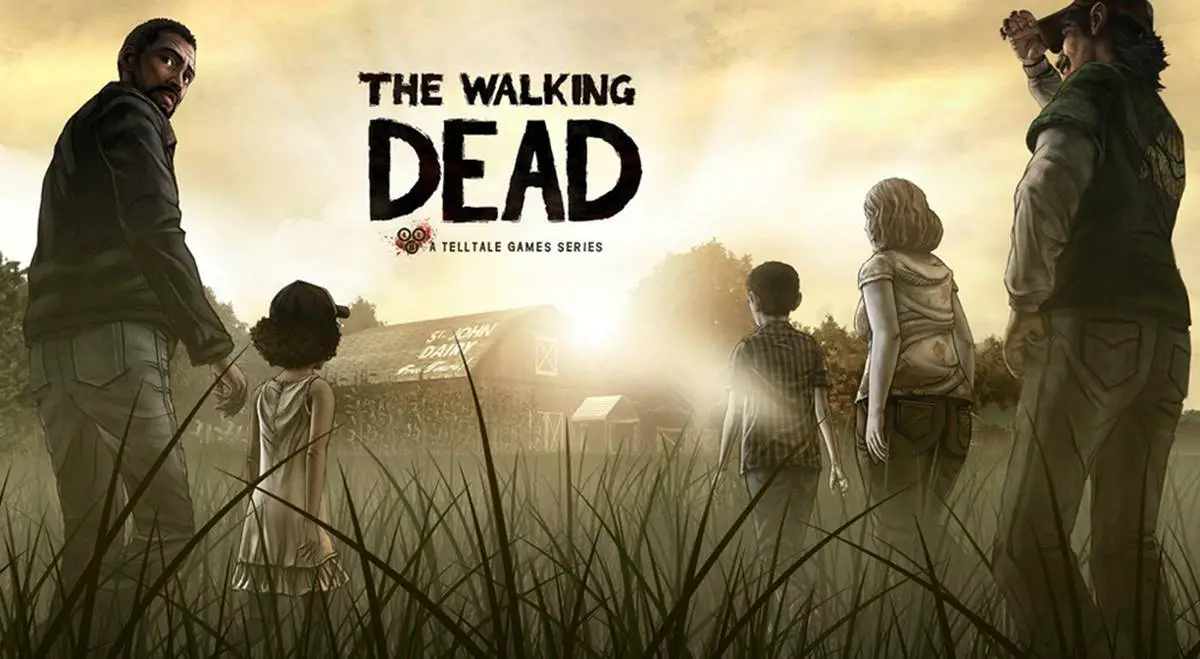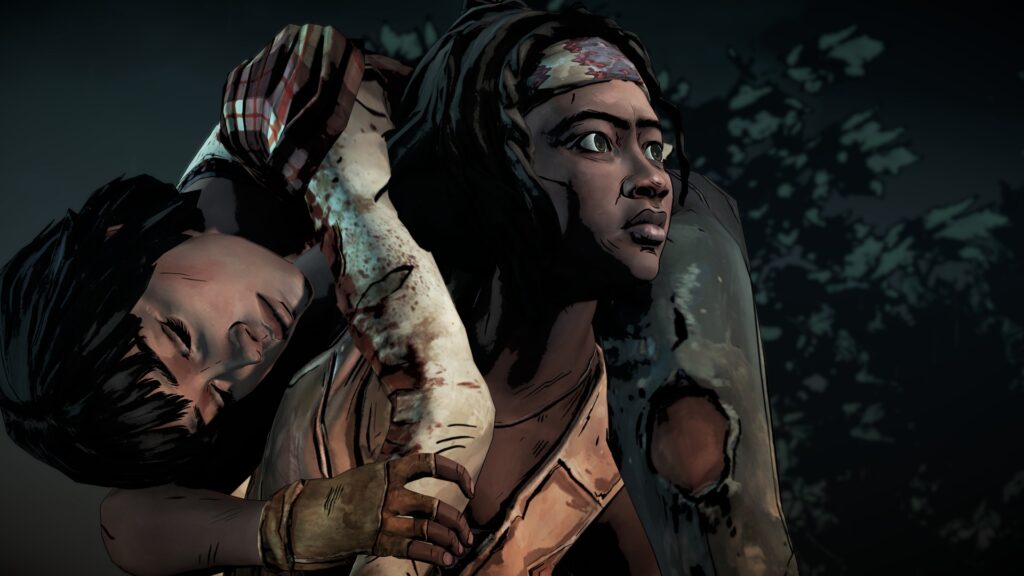
That said, season two’s pacing feels off. It really is a roller coaster ride of emotions (mostly depression), and Telltale has nailed the art of the cliffhanger in this series. For the most part, this works in its favor-and whether you’re running from zombies or enjoying a brief respite, every moment feels deliberate. Rather, season two is constantly about forward momentum, as it propels you from one bleak scenario to the next. It doesn’t bog itself down pointless puzzles or fetch quests (people who remember finding batteries for a certain radio know exactly what I’m talking about). Unlike season one, season two completely sheds its extraneous adventure game roots. They’re all capable of great acts of kindness as well as sweeping acts of betrayal-just like, you know, real humans are. As in season one, season two’s cast follows a wide range of personalities, and each one is flawed in their own unique ways. Even Carver, the megalomaniacal head of a budding utopia (and voiced by a scene-stealing Michael Madsen) feels relatable-his my-way-or-your-face-smashed-on-the-highway approach to leadership is extreme, but in the end, he’s only doing what he thinks he needs to do to survive in this harsh world.

#Telltale the walking dead season two pc how to
Luke attaches himself to Clementine as a surrogate big-brother, and the badass lone-wolf Jane teaches her how to survive at all costs. But over time, you get to know them and really connect with them as people. I was worried that season two wouldn’t be able to deliver characters as compelling as the ones we got in season one, and that’s certainly the first impression I got when Clementine stumbles upon this new group. Still, while the choices you make might not necessarily affect the overall story, they certainly affect how you feel about its numerous characters. It’s no worse than the first season, but it ends up feeling more obvious the second time around. Moment to moment, The Walking Dead is thrilling, and it feels like your choices matter-examine it too closely and you realize that you’re merely given the illusion of choice. Occasionally your choices will affect who lives or dies, but everything always ends up reverting to some kind of status quo. Decide to steal someone’s medicine or let them go you’ll be in the same spot regardless of what you end up doing. Like in season one, picking sides causes people to react to you in different ways, but the plot still moves forward just the same. Unfortunately, that’s really the extent of the effect you have on The Walking Dead’s narrative. Definitely play 400 Days as well, as many of season two's ancillary characters are introduced here.

It won’t change any major plot points, but hearing Clementine and her old friends refer back to previous choices you made is really neat, and it helps tie all of your experiences together. While playing season one isn't essential, your enjoyment of season two will be greatly enhanced if you have-especially if you import your save file. Regardless of how you develop Clementine, it’s joy to watch her mature right in front of your eyes-even if it is in an apocalyptic wasteland. She can be strong, meek, hesitant, or reserved, all based on how you pipe up (or don’t) in each set of dialogue choices. I may have even let her try alcohol once or twice (hey, she’s seen some shit, alright?). My Clementine constantly surprised grown-ups over twice her age, taking a direct, no nonsense approach to many situations, while still trying to be humane to those who deserve it. Playing as a kid is way different than an adult, as they shove you off to the side as they bicker and argue amongst themselves over petty disagreements. Throughout her travels, you're prompted with numerous choices-some are small, quiet moments that let you get to know your fellow survivors, while others put the lives of your friends in the balance. Being able to shape how Clementine grows, develops, and how people react to her is the highlight here, and it’s where Telltale’s choose-your-own-adventure really shines.


 0 kommentar(er)
0 kommentar(er)
